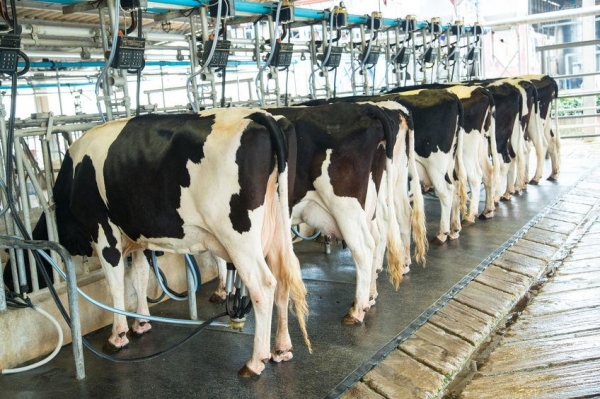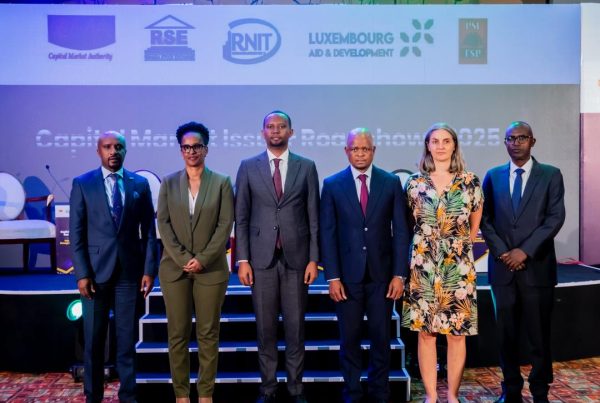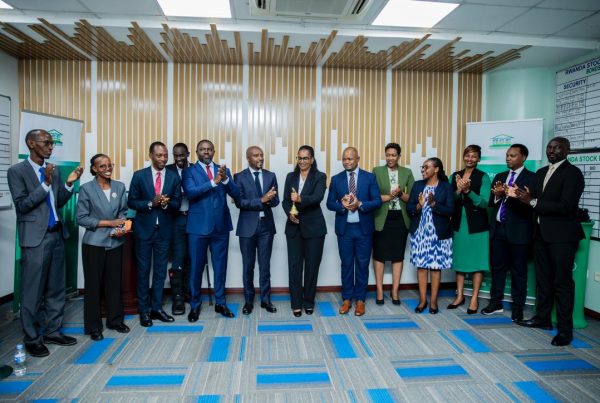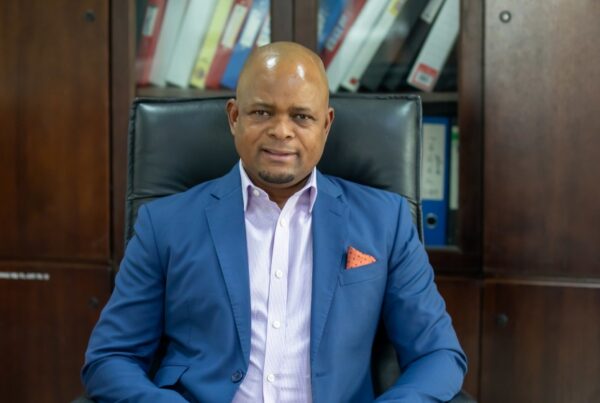Rwanda and the UN’s International Fund for Agricultural Development are scaling up their commitment to sustainable agriculture by launching the second phase of the Rwanda Dairy Development Project. The $100.37 million initiative aims to improve efficiency, market access, nutrition, and productivity for rural households across 27 districts over the next six years, the international agency said in an emailed statement.
“We are pleased to scale up our investment in the dairy sector following a successful phase one of the project. The new phase will improve value chain efficiencies by leveraging digitization and private sector financing,” IFAD Country Director for Rwanda, Dagmawi Habte-Selassie said.
Rwanda’s dairy sector has seen significant growth, with milk production rising nine-fold in recent years, moving the country from being a net importer to self-sufficiency. Per capita milk consumption increased from 20 liters in 2006 to 75 liters in 2021, improving the population’s nutritional status, especially among children.
Climate change, however, poses a major threat. Rwanda, ranked as the 32nd most vulnerable country to natural hazards, faces reduced dairy production, increased disease incidence, and limited access to water and feed. RDDP Phase II aims to safeguard these gains by promoting zero-grazing practices, introducing improved breeds, and enhancing water access through household-level water harvesting.
“The dairy sector in Rwanda has achieved significant milestones, including increased production and market linkages for farmers,” Permanent Secretary at Rwanda’s Ministry of Agriculture Olivier Kamana noted. Adding, RDDP2 comes at an opportune time to help us safeguard these gains and build resilience among small-scale farmers.
The project will address inefficiencies in the dairy value chain by improving milk transportation, enhancing milk collection center management, and utilizing renewable energy and digitization to reduce costs. It will also support local milk processing to strengthen market linkages.
Funding for RDDP Phase II includes contributions from IFAD ($20.5 million), the Government of Rwanda ($17.64 million), the OPEC Fund ($20 million), the Green Climate Fund ($8.5 million), Equity Bank Rwanda ($10 million), Heifer International ($6 million), and project participants ($9.52 million).
With adaptation finance needs for Sub-Saharan Africa estimated at $50 billion annually, the project represents a critical step in building a sustainable, resilient food system in Rwanda.





